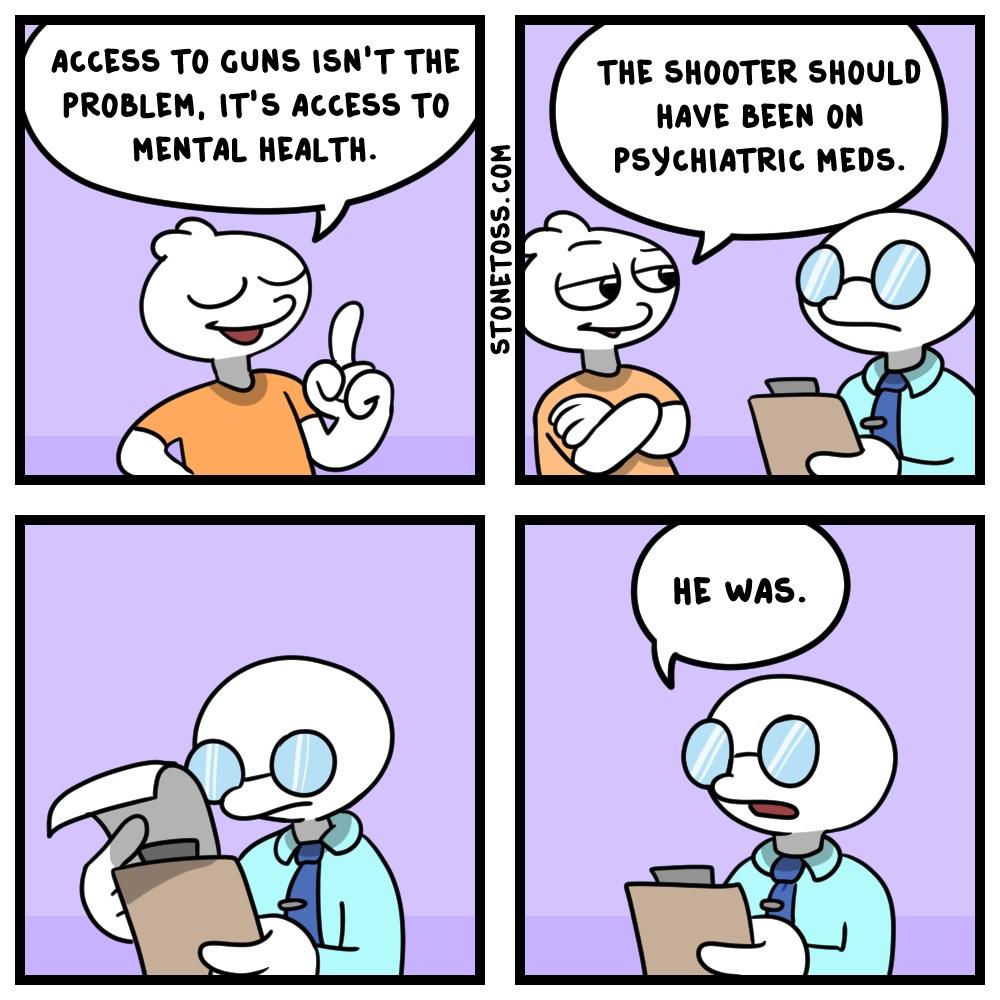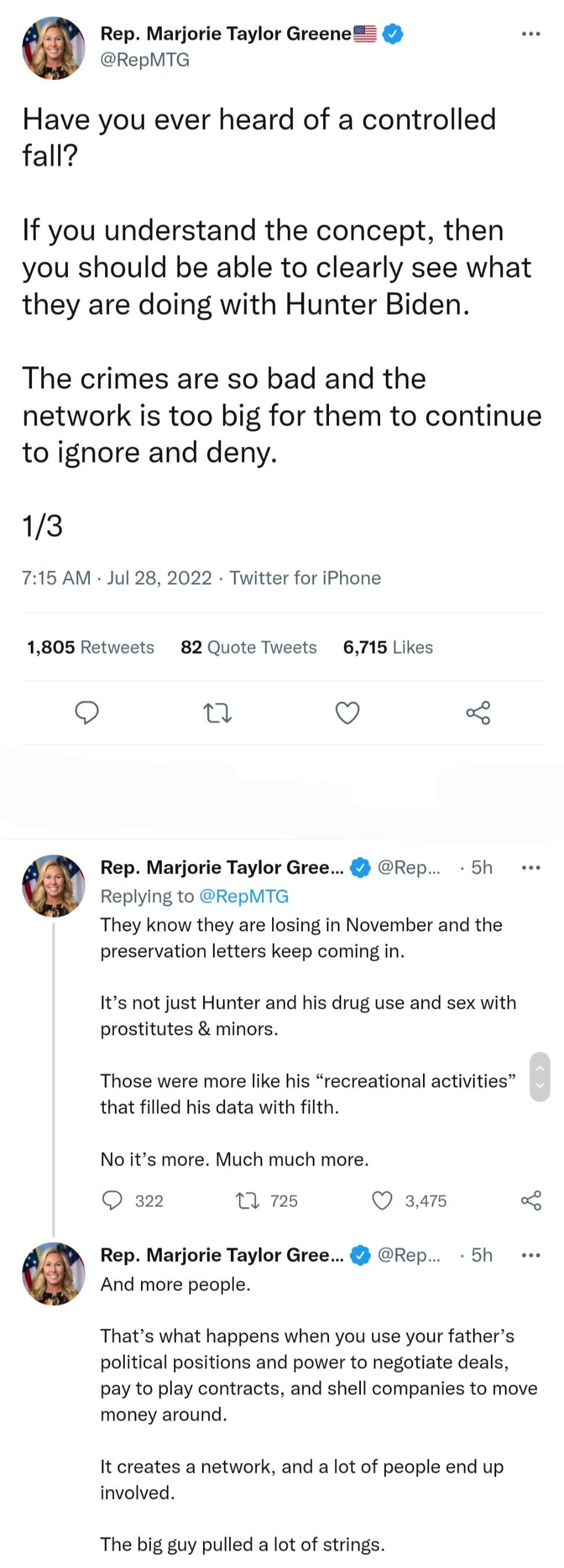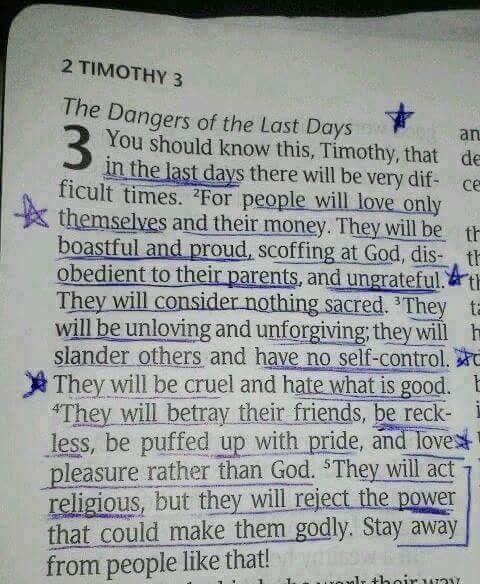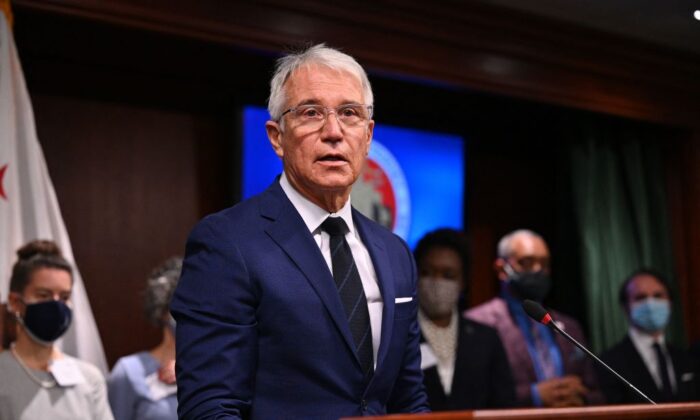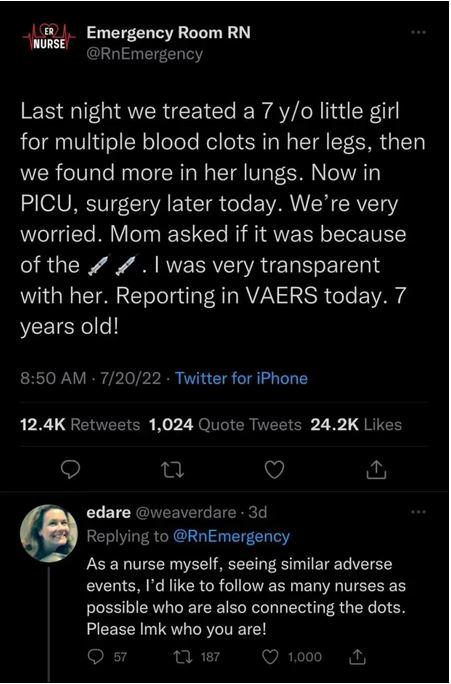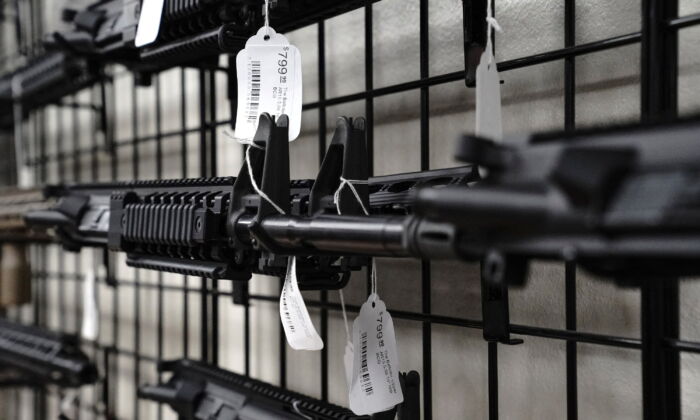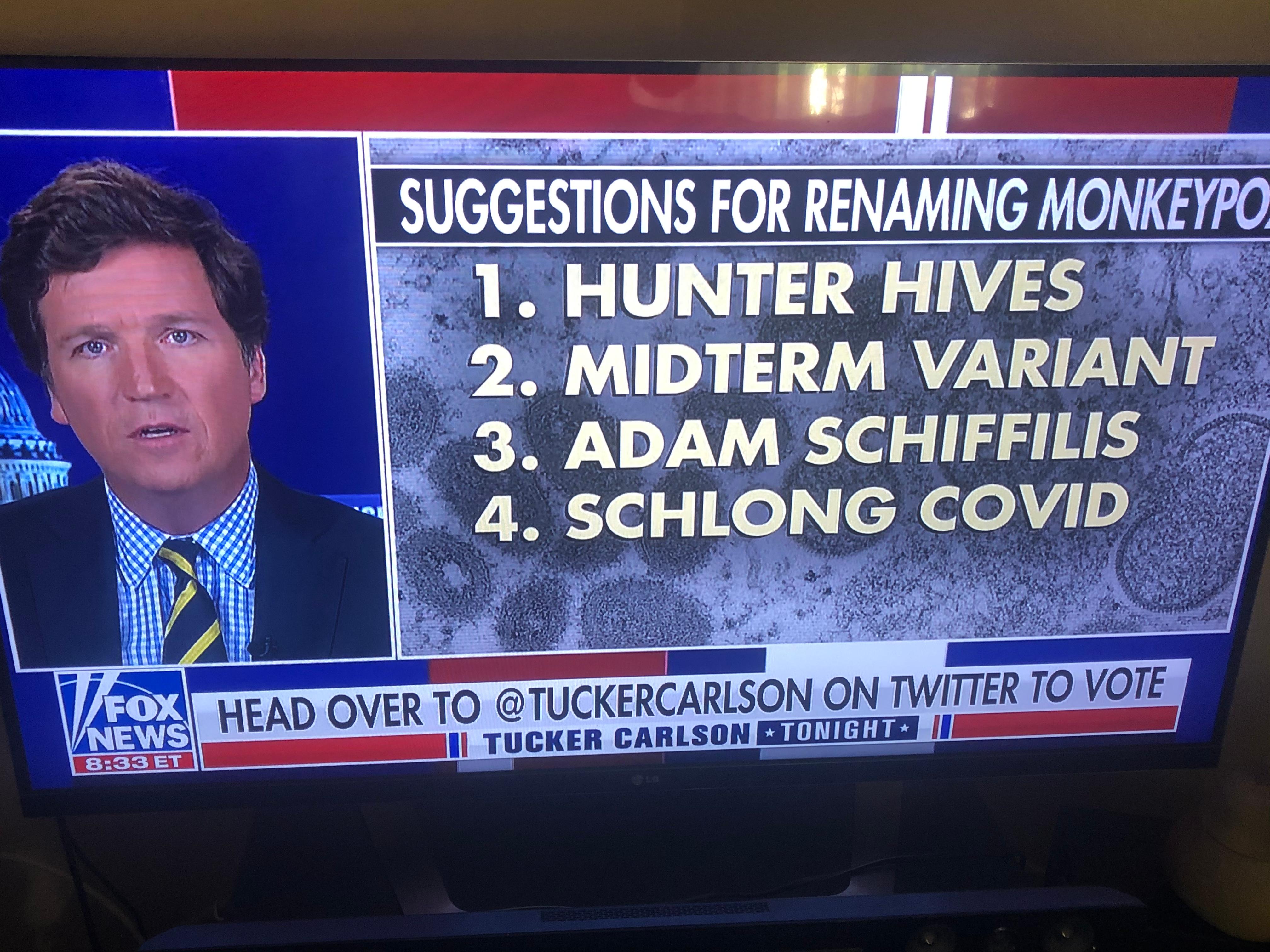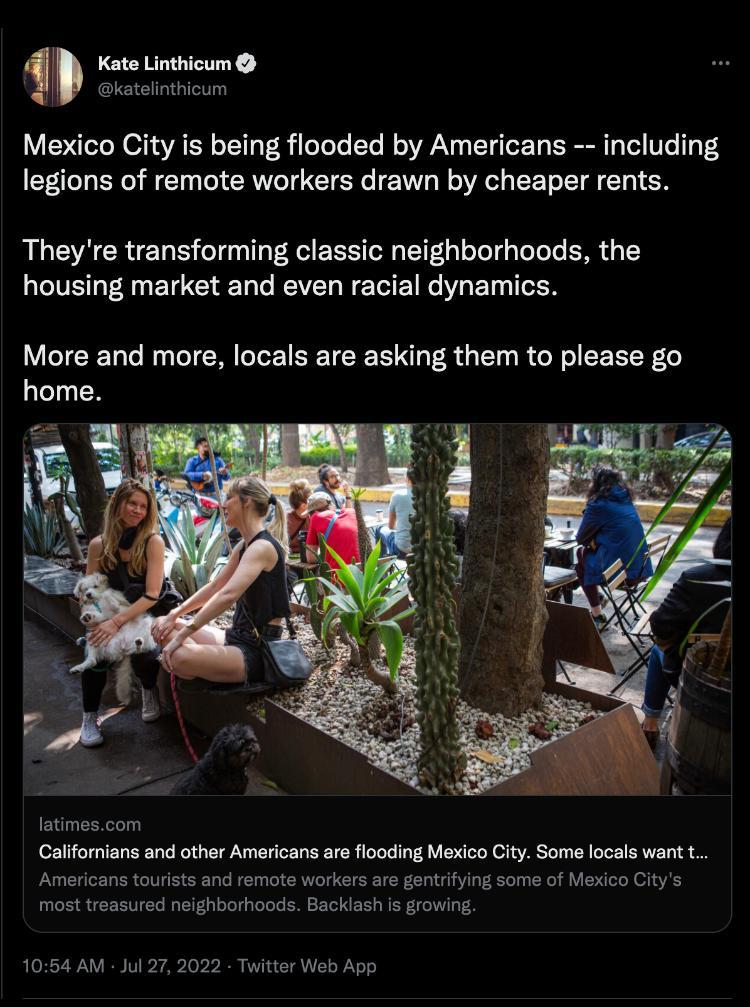FJB
Use of psychostimulants in patients with dementia - PubMed
Based on limited studies, methylphenidate is a possible treatment for apathy in patients with dementia. Psychostimulants, as a group, do not appear to be broadly effective treatments for behavioral or cognitive symptoms of dementia. The potential utility of psychostimulants must be balanced with...pubmed.ncbi.nlm.nih.gov
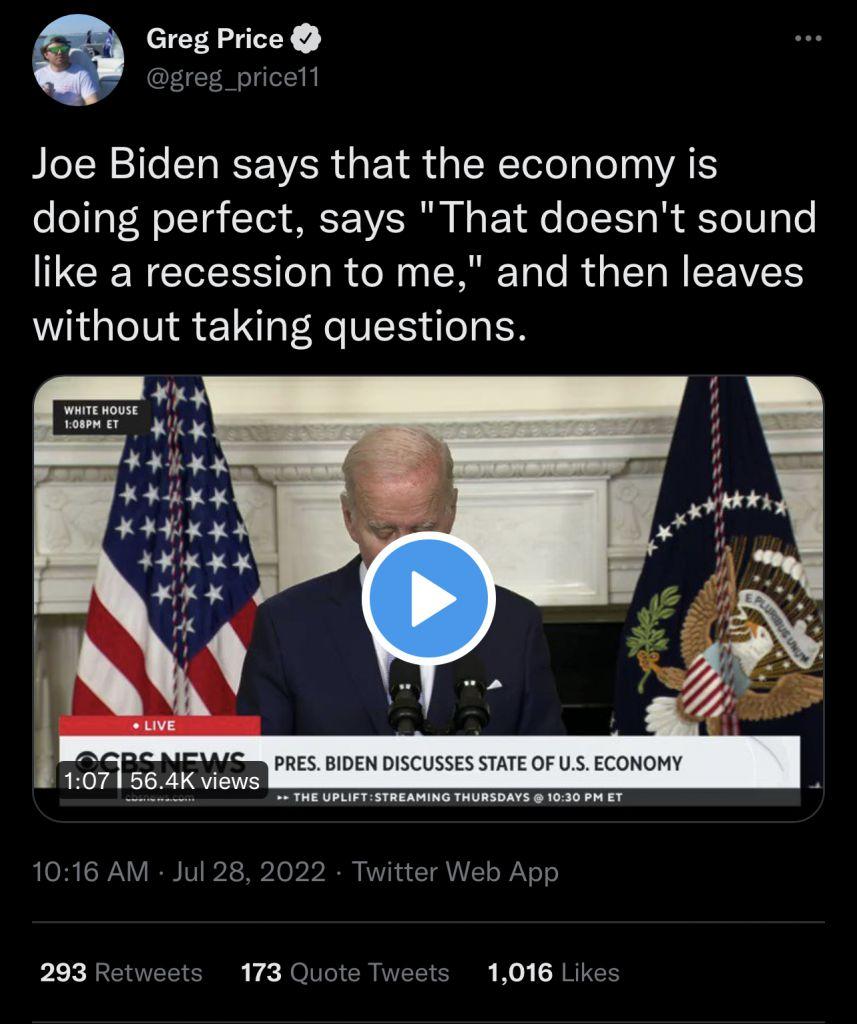
Join the Hide community
Get access to live stream, lessons, the post exchange, and chat with other snipers.
Register
Download Gravity Ballistics
Get help to accurately calculate and scope your sniper rifle using real shooting data.

Install the app
How to install the app on iOS
Follow along with the video below to see how to install our site as a web app on your home screen.
Note: This feature may not be available in some browsers.
You are using an out of date browser. It may not display this or other websites correctly.
You should upgrade or use an alternative browser.
You should upgrade or use an alternative browser.
PortaJohn
- Thread starter Lowlight
- Start date
-
- Tags
- sniper's hide

Use of psychostimulants in patients with dementia - PubMed
Based on limited studies, methylphenidate is a possible treatment for apathy in patients with dementia. Psychostimulants, as a group, do not appear to be broadly effective treatments for behavioral or cognitive symptoms of dementia. The potential utility of psychostimulants must be balanced with...pubmed.ncbi.nlm.nih.gov

two NEGATIVE Quarters of contracting GDP is now defined as a PERFECT Economy.
Ask him what the definition of a woman is
I am sure his answer will be Michelle Obamatwo NEGATIVE Quarters of contracting GDP is now defined as a PERFECT Economy.
Ask him what the definition of a woman is
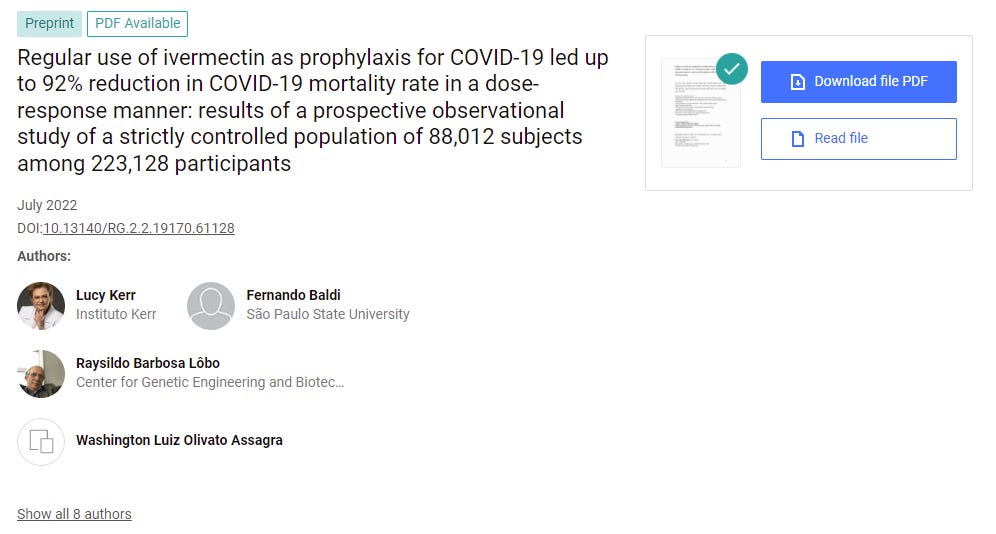
New study shows ivermectin can reduce chance of death by 92%
But the WHO, NIH, and FDA all recommend that you avoid using it.
FPPJB! They can put all the mask, vax, no sex, social distancing, stay home, mandates they want. I think, we Americans are done with that shit. Serious FAIL, on .gov..
Biden After Beating Coronavirus: Keep Wearing Masks and Get Vaccinated
President Joe Biden emerged from coronavirus isolation Wednesday urging Americans to continue wearing masks indoors.www.breitbart.com
These fuckers have completely given up on what "vaccine" means.
People (well...99% of us, anyways, b/c, there is those..."sheeple") are NOT playing anymore. Mac
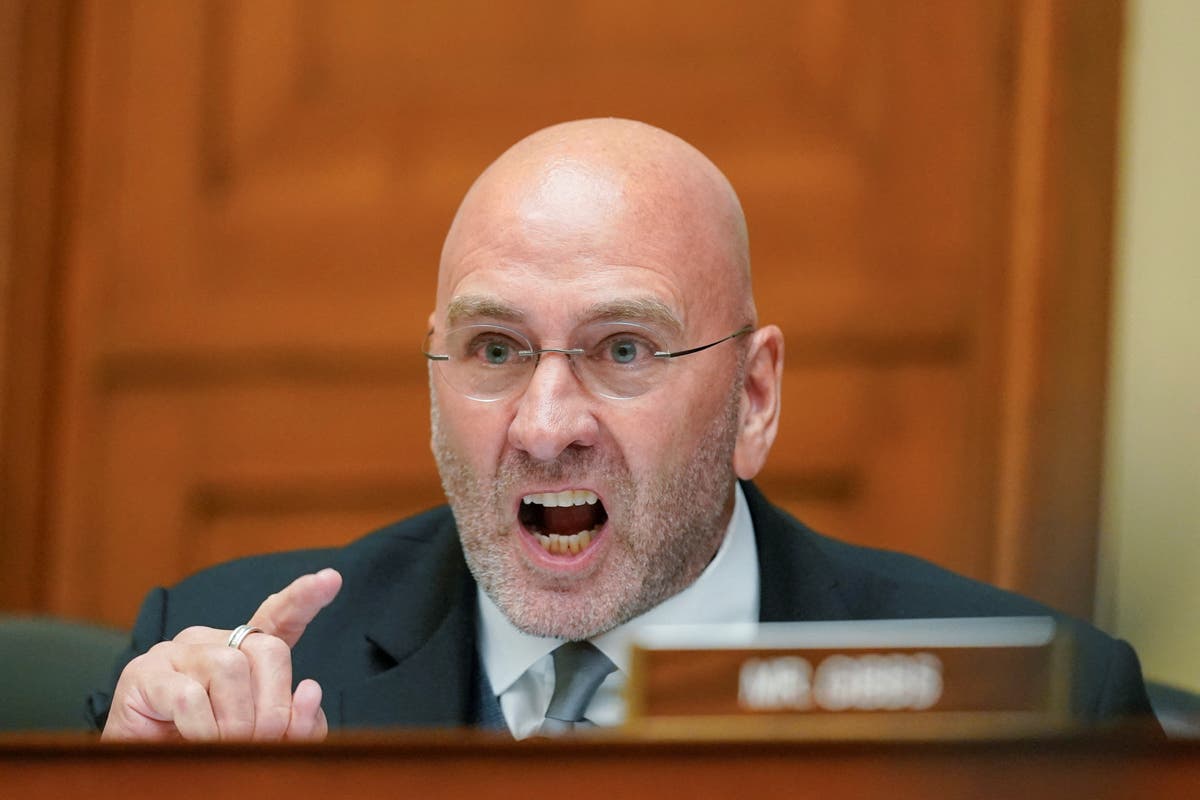
Fury at House gun hearing as Republican justifies violence against federal agents
Clay Higgins said Democrats seeking gun reform were setting up a showdown between federal agents and ‘law-abiding Americans’ on front porches

‘Not the same anymore’: Mom sues school district, says son was jabbed without her consent · American Wire News
Maribel Duarte is suing the Los Angeles Unified School District for allegedly bribing her son into accepting the COVID-19 vaccineamericanwirenews.com
That were my kid?
There would be a LOT of ____ people.
Aging like fine wine.I'm not 100% sure we are. But basically, I think markets have significant risk right now, which is a pretty common belief. Relatively uncontroversial. However, I think those risks are much more balanced than those who expect runaway inflation. This may get a little wordy, but you have to look at a number of current drivers.
First, is the obvious monetary inflation that we have seen. Worst case scenario is pretty well played out and understood in this thread and others. Realistically, we are seeing a less strong connection between fiscal policy and inflation, medium long term, than people had expected. This is both in purposeful fiscal inflation, which is what stimulus is, and non purposeful fiscal damage, which is basically just irresponsible/excess spending. But certainly there are worries on the inflation front.
Second, look at policy with regard to employment. I think it is fair to say that current Biden policy is negative for employment. I'm not going to comment on whether it is stupidity or whether it is intentional, but it is clear that there are significant disincentives to work. Today I am reading about a push for more checks to go out, so clearly they are doubling down on this. Now, low employment is obviously somewhat deflationary, as benefit checks never reach the level of actual wages. It is probably not highly deflationary, but it is hard on the economy. Some might argue that there will be fewer goods available without workers, but this is greatly mitigated with re-offshoring, which is quite viable, again from a new policy perspective. And again, offshoring is deflationary.
Third, look at policy tools available to the federal reserve. There are literally all the tools in the world available to fight inflation. What I mean by that is the looser the fed is in relation to standard practices, the easier it is for them to move in the other direction. They have literally no tools left to become more expansionary than they are now. Those are just facts. Some will argue that these people want inflation, or they want to ruin the world as we know it. I neither believe that nor am putting that in my analysis. If that is their goal, no other analysis really matters.
Fourth is whether there is true pricing power in the market for inflation to take place. I think the jury is still very much out on this one. Pricing power tends to exist in pockets, not economy wide.
So, looking at all of the factors, and frankly these are not all of the factors, you really have many forces working in opposition, which is why I think the risks are high, but balanced. I'd say "hyper inflation" probably has a risk of 2%. I'd say moderate inflation with low growth, not quite stagflation, but a generally shitty economy, has about a 30% chance. Real stagflation is probably 15-20%. Serious asset damage with a contraction enough to be deflationary is probably another 15%, and we make it through this relatively unscathed with random dislocations is probably 30%. Not sure if that adds to a hundred.
I guess, in conclusion, I think there are a good number of risks, but the most likely outcome is definitely a meh to ok economy. Of course, in normal times the chances of an ok economy are very high, so this isn't exactly a ringing endorsement. But even if, by some measures, high inflation looks like the scariest prospect, it is also the scenario for which we retain the greatest number of policy tools. The nightmare scenario, I believe, is large asset contraction for which we have no remaining policy tools, and which would leave every other part of the economy in significant peril, while also living in a world where we now basically realize that fiscal policy is impotent to stabilize in these situations.
I hope that makes some sense. I am not saying I am right, that is just my analysis. It is definitely not my way, as people might be able to tell, to decide that there is one obvious thing ahead and latch onto that. I don't have that level of certainty in anything.
Like I wanted. Screw DC .
Feel me now ?

 www.nbcwashington.com
www.nbcwashington.com
Feel me now ?

DC Mayor Requests National Guard to Help With Migrants Bused to Capital
Mayor Muriel Bowser has requested the activation of the D.C. National Guard to help with migrants who are arriving by bus in the Capital.
 www.nbcwashington.com
www.nbcwashington.com
No refunds.Like I wanted. Screw DC .
Feel me now ?

DC Mayor Requests National Guard to Help With Migrants Bused to Capital
Mayor Muriel Bowser has requested the activation of the D.C. National Guard to help with migrants who are arriving by bus in the Capital.www.nbcwashington.com
Whatever happened to DC saying they would welcome them with open arms?
they are proud to be a sanctuary city, so even if they catch criminals, they promised not to have them deported.No refunds.
Whatever happened to DC saying they would welcome them with open arms?
I have to say well done to Texas and Arizona. When they first talked about doing this I was thought it was more political hot air.they are proud to be a sanctuary city, so even if they catch criminals, they promised not to have them deported.
It’s truly going to fuck up DC, New York, and other cities. I hope they keep going.
no doubt some of our taxes will go to a soros group to warn migrants not to get on buses.I have to say well done to Texas and Arizona. When they first talked about doing this I was thought it was more political hot air.
It’s truly going to fuck up DC, New York, and other cities. I hope they keep going.
They need to bus 40,000, not just 4000.
400,000 - Fuck DC.They need to bus 40,000, not just 4000.
Considering that the study of some 500 cases outside of Africa determined 98% were men fucking other men and of these 95% had confirmed transmission route through sex so Faggotpox would be appropriate.Okay, in an effort to be more sensitive rename the virus to Faggotpox as it is mostly in the gay community.

New Jersey woman hits cyclist before speeding away without stopping
Amy DeGise is facing calls to resign after going on a hit-and-run on July 19 following a collision with Uber Eats bicyclist Andrew Black, 29. DeGise is also chairwoman of Hudson County Democrats.
4,000,000400,000 - Fuck DC.
When two stupid fucks collide. Who cares?
New Jersey woman hits cyclist before speeding away without stopping
Amy DeGise is facing calls to resign after going on a hit-and-run on July 19 following a collision with Uber Eats bicyclist Andrew Black, 29. DeGise is also chairwoman of Hudson County Democrats.www.dailymail.co.uk

Kamala Harris claims abortion access is important to 'real people, including children' - LifeSite
Grimly ironic words from the vice president.
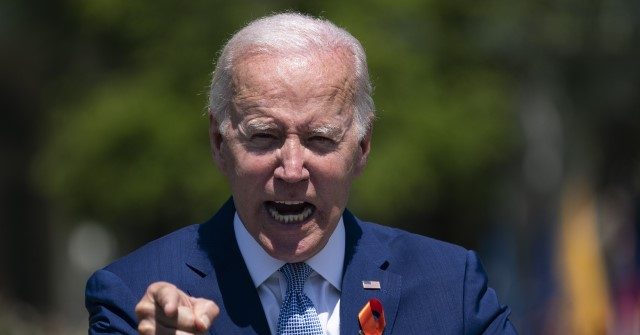
Biden: Americans Complaining of Inflation Forgot We Sent Them $8,000
President Joe Biden on Thursday reminded Americans suffering from inflation and high gas prices that he sent them a check for $8,000 in 2021.
www.breitbart.com
Guess that 8K was supposed to by their compliance or silence.

The Church of the Federal Reserve is Here to Save Us
The Church of the Federal Reserve opened its tent for quarterly services this week. Pastor Jerome Powell played the role of Elmer Gantry, a role previously filled by others in the economics profession. Like the charlatans before him, he claimed the F...
theLBC!

 www.thegatewaypundit.com
www.thegatewaypundit.com

Los Angeles County Drops Plans to Reimpose Mask Mandate After Beverly Hills, Long Beach and Other Cities Push Back on Covid Tyrants | The Gateway Pundit | by Cristina Laila
Los Angeles County dropped plans to reimpose its indoor mask mandate, the Associated Press reported.
Gaetz must be pissed that he didn't get any of that 4 trillion that was just printed

THREE DOCTORS From the Same Hospital "Die Suddenly" in the Same Week After Hospital Mandates Fourth COVID Shot | The Gateway Pundit | by Jim Hᴏft
Three physicians at Canada’s Trillium Health Partners-Mississauga Hospital died unexpectedly in the same week.
Can't imagine what they could have died from all within one week their hospital insisted on a fourth jab..No refunds...

Bidenomics: Joe Biden Says Latest $700 Billion Green New Deal Spending Spree will "Reduce" Deficit | The Gateway Pundit | by Jim Hoft
Joe Biden spoke to reporters on Thursday after the second quarter GDP numbers came in less than expected.

Democrat-Controlled Connecticut Forced To Sideline "Green" Buses After Disturbing Battery Fire - The Blue State Conservative
Connecticut's experiment with supposedly state-of-the-art electric bus fleet went up in literal flames, reducing their green vehicle into acrid black smoke.
 thebluestateconservative.com
thebluestateconservative.com

HERE WE GO: San Francisco Declares State of Emergency Over Monkeypox | The Gateway Pundit | by Cristina Laila
San Francisco on Thursday declared a state of emergency over monkeypox.
So how are those masks working out?
HERE WE GO: San Francisco Declares State of Emergency Over Monkeypox | The Gateway Pundit | by Cristina Laila
San Francisco on Thursday declared a state of emergency over monkeypox.www.thegatewaypundit.com
Actually he said,
"I promise you I will end fossil fuels"
"I will stop the oil companies' ability to drill period"
"the cure will make the problem worse"
So, guess you can believe some things he says.
Last edited:
That answer is a resounding no for the retards in the back. They have been weaponized against citizens since inception
Try since 1913 with the Fed and federal Income Tax.Try George H.W. Bush.
wtf?
i have a buddy that was down on his luck after leaving the military and got a job working for the parks department as a janitor basically.
they had him cleaning bathrooms at the state beaches. he said in the morning he might find the most of the walls covered in shit.
they provided a hose to wash everything down....he assumed it was bums or something, but maybe this is closer to the truth.
anyway, he only lasted a week of that shit.
Touche, you're correct.Try since 1913 with the Fed and federal Income Tax.
Though I'd say "HW" pushed the throttle down and accelerated all the "spy apparatus and such" and his son helped continue that with the "electronic voting" push. Don't get me wrong, KLINTON sold us to china, then we have Obama I and Obama II and now Obama III.
Similar threads
- Replies
- 1
- Views
- 249
- Replies
- 21
- Views
- 1K
- Replies
- 0
- Views
- 535

